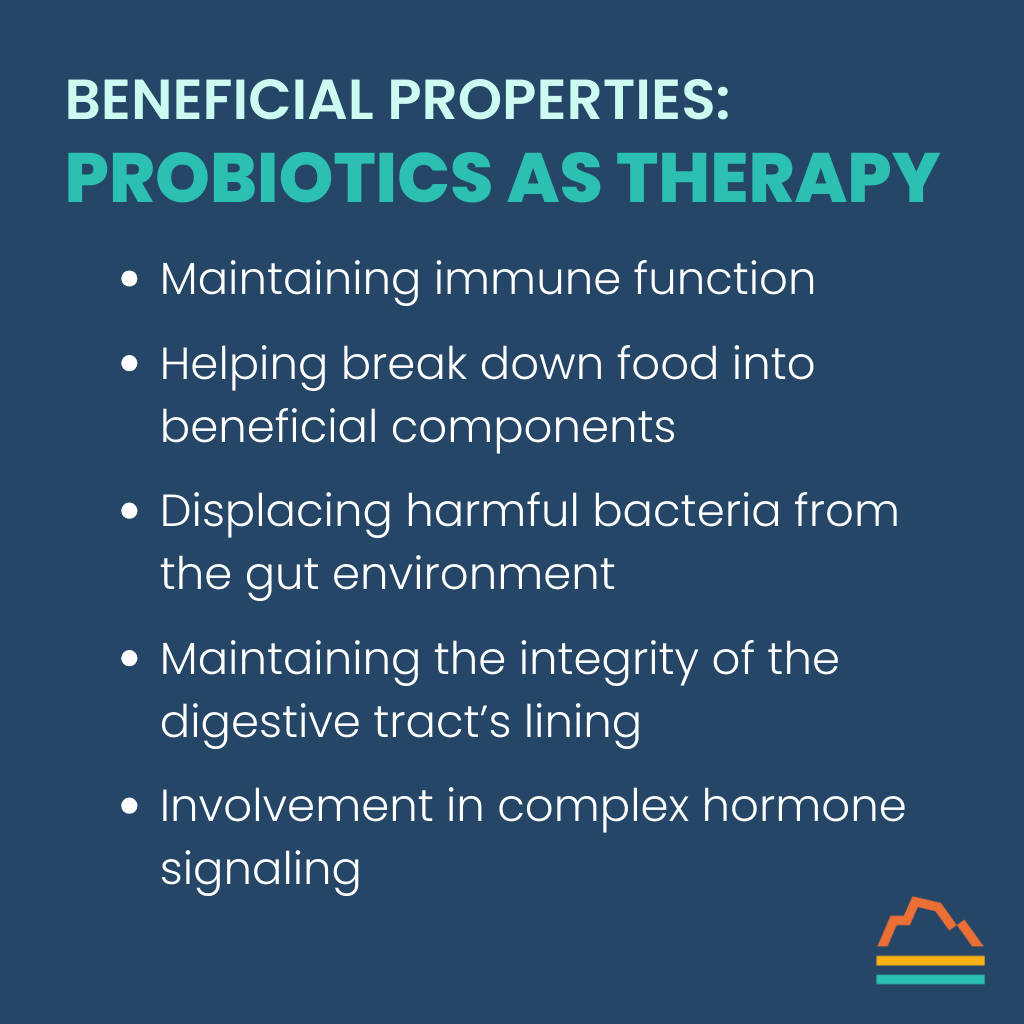In 2022, the Global Probiotics Market was worth $77.1 billion. I hear questions like “How do I know if I need a probiotic?” from my patients almost daily.
Probiotics are live microorganisms delivered in adequate amounts to confer health benefits. Although medical literature links changes in our gut microbiome to everything from mental health to inflammatory diseases, there’s still much we need to explore.
We have yet to perform enough randomized control trials to demonstrate most of these benefits. Much like outer space, our gut microbiome remains uncharted territory.
As medical students, we ran lab experiments on ourselves to see what kind of microbiota grew in our guts. We identified around half a dozen different types of bacteria using rudimentary culture methods. Since then we’ve used genomic DNA analysis to identify many more species.
We estimate that 3,000–4,000 different species of flora (bacteria) grow in your gut. Given the tremendous numbers of bacteria and possible permutations, the resulting “biological cosmos” in our guts is nearly endless and difficult to understand completely.
Now that we’ve established the challenge of understanding this environment, let’s begin our discussion of probiotics as a possible therapeutic modality.

Probiotics Therapy Potential
Using probiotics as therapy entails introducing good bacteria to the body to alter the existing balance of bacteria in the gut.
The bacteria in our gut are involved in a wide array of processes that can effect our health, including:
- Maintaining immune function
- Helping break down food into beneficial components
- Displacing harmful bacteria from the gut environment
- Maintaining the integrity of the digestive tract’s lining
- Involvement in complex hormone signaling
Probiotics present potential in many therapeutic realms, and we continue to study them for many benefits, such as:
- Reducing the risk of antibiotic-associated diarrhea
- Improving digestive capabilities
- Improving immune response
- Reducing serum cholesterol
- Reducing the risk of cancer
- Reducing inflammatory bowel disease symptoms
- Reducing allergy symptoms
But Does It Work?
Because gut bacteria have so much individual variability, it’s challenging to definitively document probiotics’ benefits. It’s also difficult to establish those benefits through randomized control trials, so the surrounding literature is weak.
However, when considering the risk vs. benefit ratio, taking probiotics is inexpensive and very safe. We’re not talking about chemotherapy or brain surgery. Therefore, I’m open-minded to probiotics.

My Take and Today’s Takeaways
When a patient asks me, “How do I know if I need a probiotic?” or “Should I take probiotics?” my answer is, “Let’s give it a shot.” We can try a relatively short three-month trial and assess for improvement in symptoms.
One brand I recommend is Garden of Life, which has high counts of a lot of different species. Selecting a probiotic is like buying a lottery ticket. A probiotic with a greater variety of strains improves the odds of picking a winning combination.
The potential to provide tremendous therapeutic benefits with a safe intervention is very exciting. This is a complex story — one we’re still writing. Stay tuned for updates.

Barry Rotman, MD
For over 30 years in medicine, Dr. Rotman has dedicated himself to excellence. With patients’ health as his top priority, he opened his own concierge medical practice in 2007 to practice medicine in a way that lets him truly serve their best interests.



